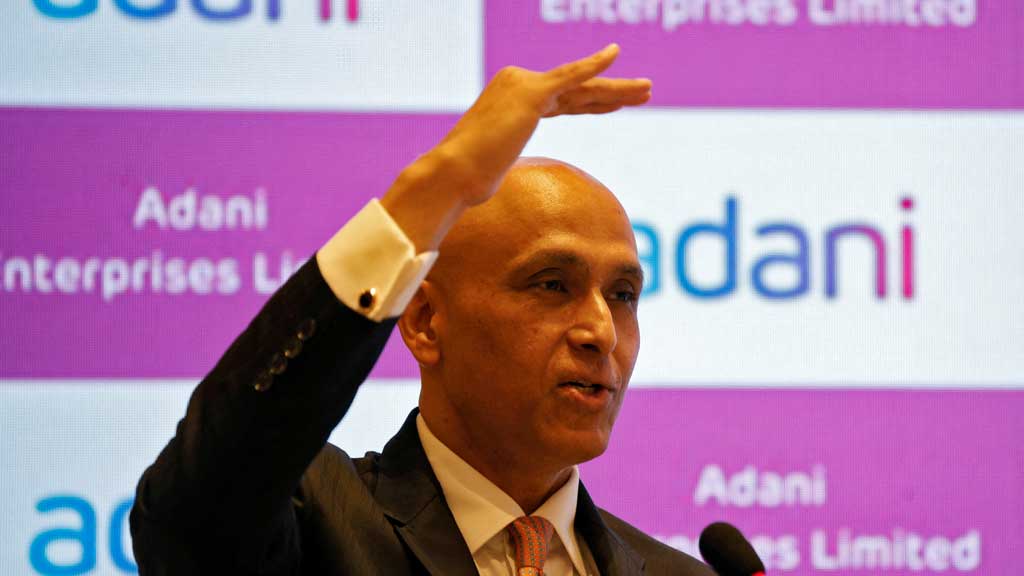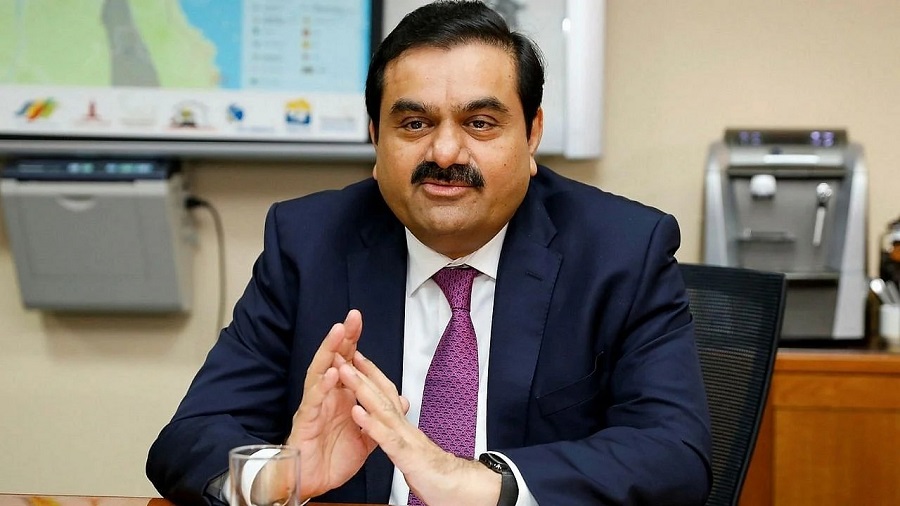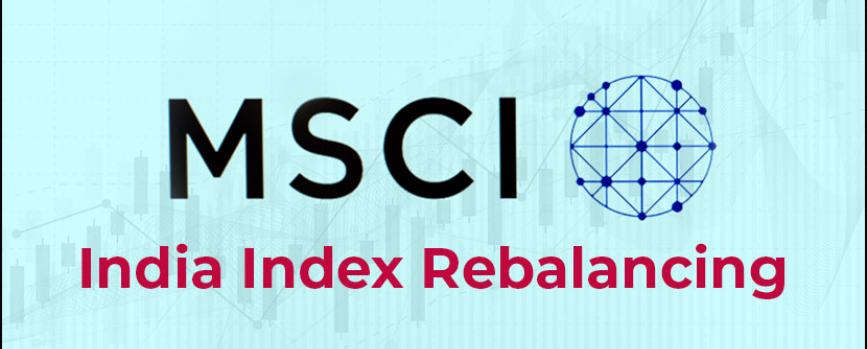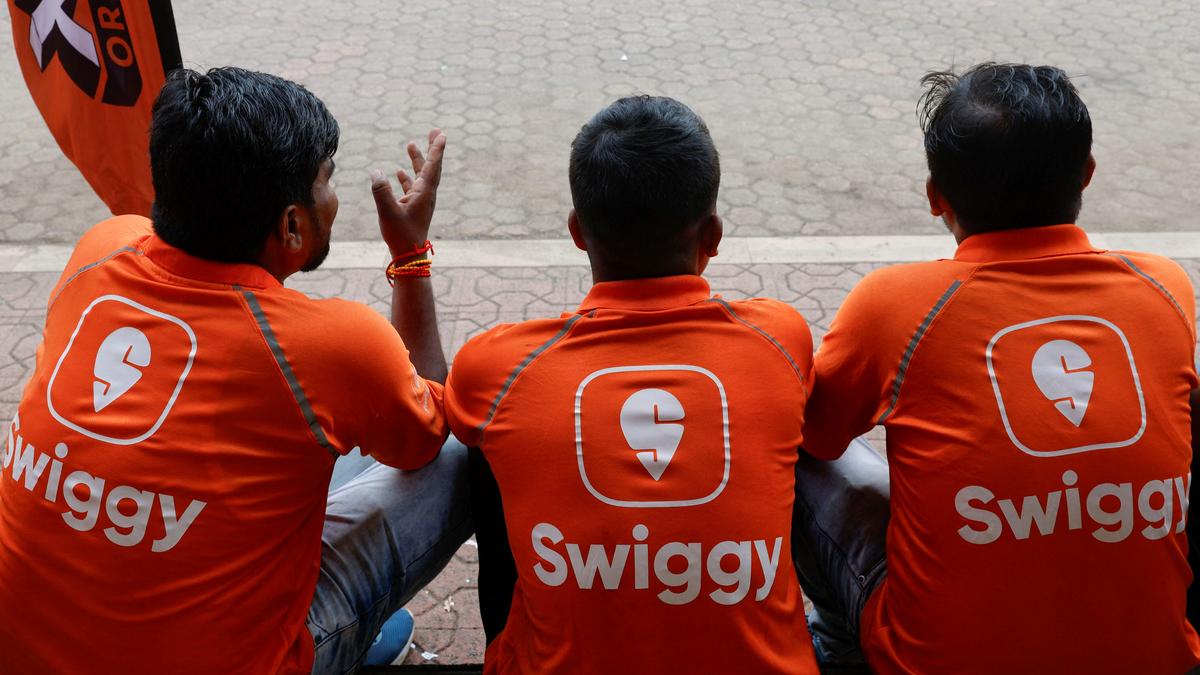Home / business / Revolutionizing Careers: The Rise of Impact-Driven Job Roles
Revolutionizing Careers: The Rise of Impact-Driven Job Roles
By: My India Times
2 minutes read 93Updated At: 2024-11-25

The job market is evolving, and with it comes a bold experiment by industry leaders reshaping how talent is identified, nurtured, and valued. A recent job listing by Zomato CEO Deepinder Goyal, for the coveted position of Chief of Staff, sparked widespread debate, challenging conventional norms of employment while spotlighting a growing trend: impact-driven careers over traditional compensation structures.
A Bold Move in Talent Acquisition
The listing took the corporate world by storm when it announced a unique twist: candidates would need to pay ₹20 lakh upfront to secure the opportunity. This unconventional approach aimed to filter applicants who value learning and purpose over financial gain. However, the move was met with skepticism and concern over its implications on fairness and accessibility.
Goyal later clarified that the ₹20 lakh fee was never intended to be mandatory and that Zomato would instead focus on selecting candidates with authentic intent and a hunger for growth. The funds, he emphasized, would have been a direct donation to "Feeding India," a Zomato initiative tackling food insecurity. Furthermore, Goyal assured that successful candidates would earn a competitive salary after the first year and highlighted the organization's commitment by contributing ₹50 lakh to a charity of the applicant’s choice.
The Bigger Picture: Beyond Salaries
This incident reflects a broader shift in workplace culture. Increasingly, professionals seek roles that align with their values, provide opportunities for exponential personal growth, and contribute to larger societal good. Companies like Zomato are tapping into this sentiment by crafting roles that challenge individuals to go beyond traditional metrics of success.
Such roles redefine the concept of a "dream job," offering candidates something arguably more valuable than monetary compensation: a once-in-a-lifetime learning experience. As Goyal described, the position promised “10x more learnings than a two-year MBA†and exposure to real-world challenges in consumer technology.
Addressing the Accessibility Gap
While the intent behind such initiatives is laudable, they also bring critical issues into focus:
- Accessibility for All: High-entry barriers—like requiring upfront payments—could deter talented individuals who may not have the financial means to apply, widening socio-economic disparities.
- Fair Talent Evaluation: Finding the balance between filtering genuine intent and ensuring inclusivity remains a challenge for organizations.
To counter these concerns, companies must design innovative hiring processes that balance ambition with accessibility. Offering scholarships, reducing entry barriers, or implementing mentorship programs could ensure broader participation without compromising the quality of talent.
The Way Forward: Purpose Meets Prosperity
The experiment by Zomato underscores the potential of roles designed around purpose, growth, and societal impact, while also highlighting the delicate balance required to ensure fairness. It’s a call for organizations to rethink hiring strategies and create opportunities where the brightest minds can thrive, regardless of financial standing.
As job markets become increasingly competitive, the future belongs to companies that can bridge the gap between profit and purpose, making careers not just a means to an end but a transformative journey. For professionals, the takeaway is clear: the most fulfilling roles may not be those that pay the most upfront but those that offer unparalleled opportunities to grow, lead, and make a difference.
By focusing on long-term value, both employers and employees stand to gain—not just monetarily, but in creating a legacy of meaningful work that truly matters.
....
The job market is evolving, and with it comes a bold experiment by industry leaders reshaping how talent is identified, nurtured, and valued. A recent job listing by Zomato CEO Deepinder Goyal, for the coveted position of Chief of Staff, sparked widespread debate, challenging conventional norms of employment while spotlighting a growing trend: impact-driven careers over traditional compensation structures.
A Bold Move in Talent Acquisition
The listing took the corporate world by storm when it announced a unique twist: candidates would need to pay ₹20 lakh upfront to secure the opportunity. This unconventional approach aimed to filter applicants who value learning and purpose over financial gain. However, the move was met with skepticism and concern over its implications on fairness and accessibility.
Goyal later clarified that the ₹20 lakh fee was never intended to be mandatory and that Zomato would instead focus on selecting candidates with authentic intent and a hunger for growth. The funds, he emphasized, would have been a direct donation to "Feeding India," a Zomato initiative tackling food insecurity. Furthermore, Goyal assured that successful candidates would earn a competitive salary after the first year and highlighted the organization's commitment by contributing ₹50 lakh to a charity of the applicant’s choice.
The Bigger Picture: Beyond Salaries
This incident reflects a broader shift in workplace culture. Increasingly, professionals seek roles that align with their values, provide opportunities for exponential personal growth, and contribute to larger societal good. Companies like Zomato are tapping into this sentiment by crafting roles that challenge individuals to go beyond traditional metrics of success.
Such roles redefine the concept of a "dream job," offering candidates something arguably more valuable than monetary compensation: a once-in-a-lifetime learning experience. As Goyal described, the position promised “10x more learnings than a two-year MBA†and exposure to real-world challenges in consumer technology.
Addressing the Accessibility Gap
While the intent behind such initiatives is laudable, they also bring critical issues into focus:
- Accessibility for All: High-entry barriers—like requiring upfront payments—could deter talented individuals who may not have the financial means to apply, widening socio-economic disparities.
- Fair Talent Evaluation: Finding the balance between filtering genuine intent and ensuring inclusivity remains a challenge for organizations.
To counter these concerns, companies must design innovative hiring processes that balance ambition with accessibility. Offering scholarships, reducing entry barriers, or implementing mentorship programs could ensure broader participation without compromising the quality of talent.
The Way Forward: Purpose Meets Prosperity
The experiment by Zomato underscores the potential of roles designed around purpose, growth, and societal impact, while also highlighting the delicate balance required to ensure fairness. It’s a call for organizations to rethink hiring strategies and create opportunities where the brightest minds can thrive, regardless of financial standing.
As job markets become increasingly competitive, the future belongs to companies that can bridge the gap between profit and purpose, making careers not just a means to an end but a transformative journey. For professionals, the takeaway is clear: the most fulfilling roles may not be those that pay the most upfront but those that offer unparalleled opportunities to grow, lead, and make a difference.
By focusing on long-term value, both employers and employees stand to gain—not just monetarily, but in creating a legacy of meaningful work that truly matters.
By: My India Times
Updated At: 2024-11-25
Tags: business News | My India Times News | Trending News | Travel News
Join our WhatsApp Channel































.jfif)

































































































.png)
 (1).png)























